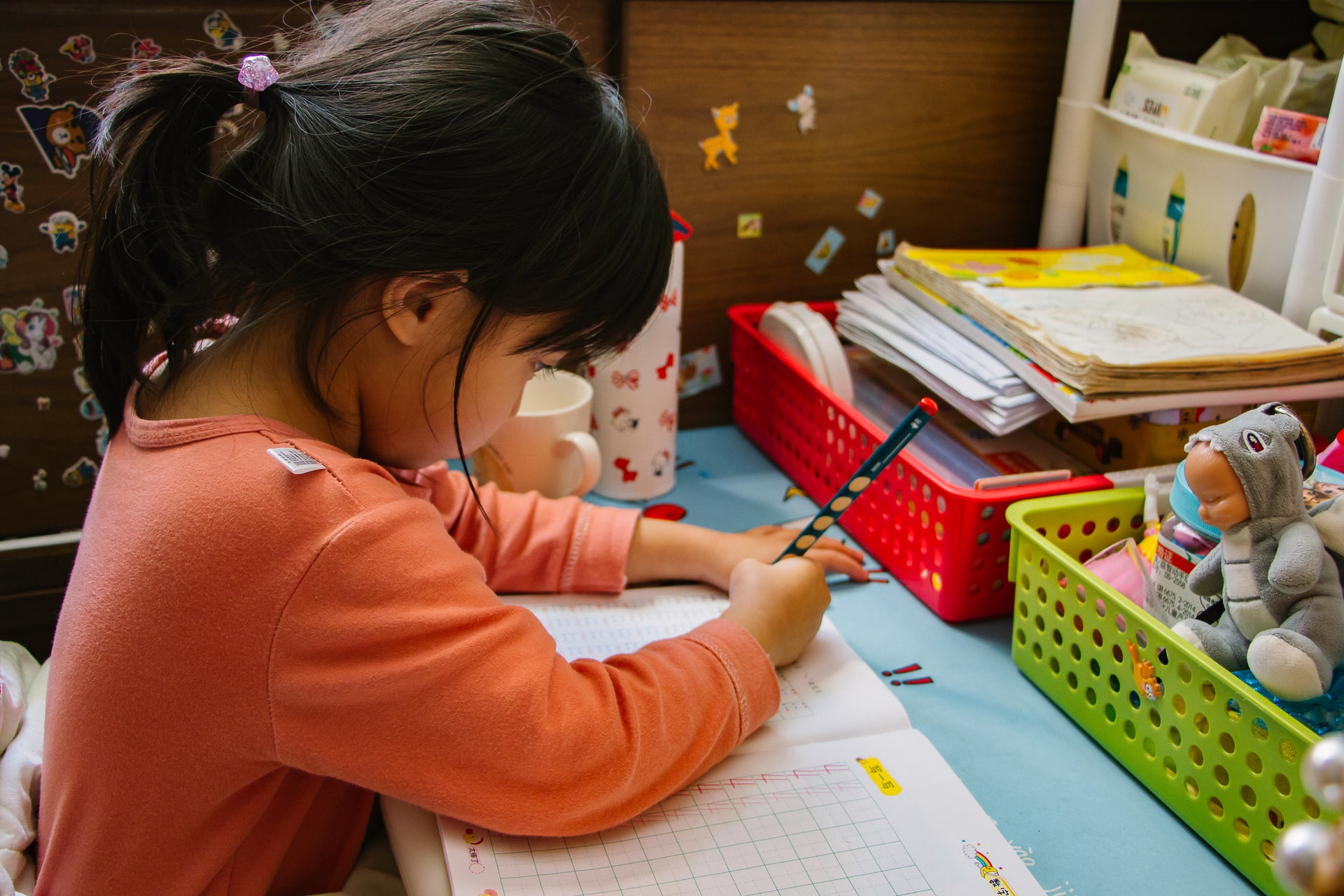Choosing Child Care: Take your time because this is a big decision, especially if it’s your first child. You’re not alone in thinking that leaving your child with someone else all day, every workday, makes you want to never leave your baby at all.
If you do intend to return to your 9-to-5 career, you will not be alone: As a result, there are a plethora of good child care options, ranging from nannies to babysitters and beyond. Primary caregivers work outside the home in more than 70% of all households with children under the age of 18 according to some estimates.
There are many centers that offer excellent care from skilled and trained caregivers in an environment where your kid can benefit from important socialization with other children her age. Daycare, which can be delivered in a group center or at your house, is one of your best options.

We spoke with mothers and other experts who have worked in the child-care trenches to assist you to make this critical decision.
Here Are Methods For Evaluating A Child-Care Choice.
What to Look for When Choosing a Daycare?
You may need to give yourself a little more time to choose a daycare depending on where you reside.
Take a look down.
Keep a close eye on how the staff interacts with the children when you visit a possible facility. Laying with children on their stomachs or holding one in her lap are also ideal postures for carers. This means that even when babies are in group care, it is critical for their early caregivers to be warm and responsive, as well as for newborns and older babies to receive adequate one-on-one time. Infants require deep, loving, and engaging relationships with adults in order to thrive during their formative years, according to research.
Centers for interviews
If the center’s hours are inconvenient or the personnel is unresponsive, cross it off your to-do list. Over the phone, contact screening centers and in-home daycare providers.
Come in and take a look.
Without a doubt, every child-care facility should be kept clean, childproofed, and well equipped with appropriate books and toys to keep the children in attendance entertained and engaged. Despite the fact that suggestions from other parents or trustworthy sources are valuable, it is critical that you personally inspect the facility to determine whether or not it matches your needs.

Other considerations
Infants and newborns should have their own environment where they will not be overly “liked” by older toddlers, if at all possible. In a shared environment with older children, toys with small parts (choking dangers) should be kept away from younger babies.
In order to acquire a better understanding of what the center has to offer, you should visit it in person. If something doesn’t feel right, trust your instincts: if it doesn’t feel right to you, it’s probably not right for your kid. Once you’ve narrowed down your possibilities, you should go see each one in person to ensure that it fulfills all of your specifications.
Continue to speak.
Take care to ensure that you and your partner are able to communicate well with one another. As long as your child is not yet able to communicate, you’ll have to rely on the information provided by his or her sitter regarding his or her day. It is important to tell the caregiver how your child slept the night before, whether he is teething, and whether or not he has eaten breakfast when you first hand over your child in the morning.
It is always advisable to speak with the caregiver face to face rather than over the phone. When calling, check to see if there is a convenient time to call, such as when the child is napping, if this option is not available. Your babysitters able to tell you how many diapers he went through when he napped, and whether or not he appeared to be content in general at the conclusion of the day.
Unannounced visits are welcome.
You may wish to cross the center off your list if it does not allow unannounced visits of any kind. Consider going by unexpectedly on another day before making your final decision to get a better sense of what the group daycare center is like when the staff hasn’t been prepared.

The Advantages Of Day Care
A high-quality daycare program can provide a variety of significant advantages, including the following:
- Constant supervision: From the time a child is born until they reach toddlerhood, and often even beyond, most child care centers provide constant supervision.
- Education: A well-organized program geared toward your child’s brain development and progress.
- Socialization: Your child will have a lot of chances to engage with other kids.
- A nanny is more expensive than daycare, so if you’re going back to work and need someone to look after your child while you’re gone. Daycare is a better deal than hiring a nanny (although a nanny may be more cost-effective if you have multiple children).
- Reliability: To accommodate a wide range of parent schedules, most facilities are open for around 12 hours every day.
- Employees that work in group daycare have completed training and have a license. There is also always an alternative because there are multiple caretakers.
When it comes to a home daycare, there are fewer children than there would be in a group daycare center. This could mean that the kids get more individual attention and are less likely to get sick.
Daycare centers are less expensive than private child care. But they are still prohibitively expensive unless the government or your company pays for them.
Infection exposure:
Because they are exposed to more children, babies may fall ill more frequently than those in another child care facility. Albeit this is simply a foreshadowing of the illnesses they would face in kindergarten. Early germ exposure, in fact, may serve to build a child’s growth and development as they get older.

If you work in a group daycare center that follows a public school calendar. You may have less scheduling freedom than you would in a more informal way. And the facility may be closed on holidays when you are at work.
If the infant-caregiver (or one of her children) falls unwell, there is typically no replacement caregiver available. So you’ll need an on-call sitter to fulfill the shift (or a very understanding boss). A few real care workers (such as those run by religious institutions) are unlicensed and do not require daycare training, which also means they are not subject to regular quality checks and may not be required to follow regulations governing group size, caregiver-to-child ratios, activities, and materials.
Under your support and direction, as well as the support of your carefully chosen caretakers. The baby will flourish and develop into a happy, healthy child. You are your child’s main caretaker. Serving as her most constant source of love and support, regardless of your working hours.

Leave a Reply